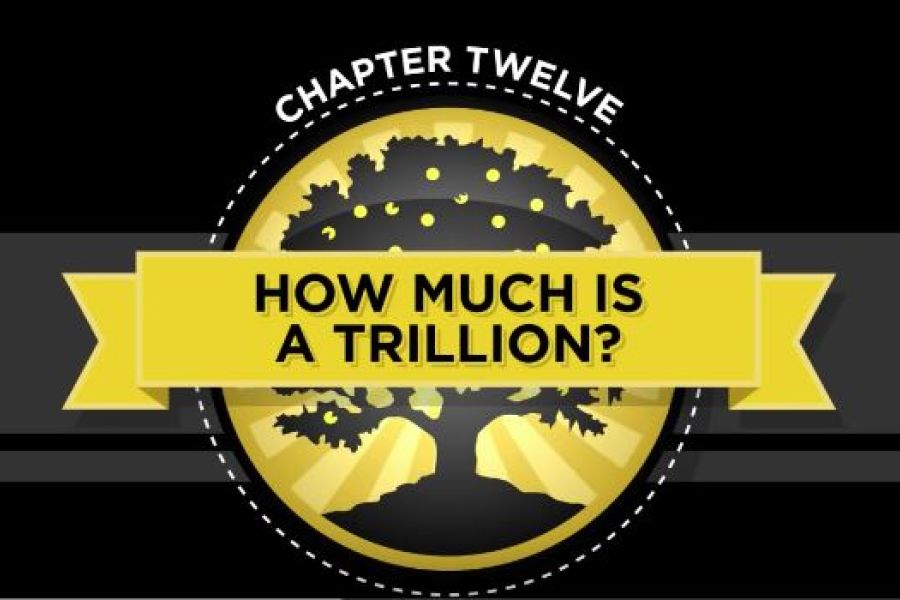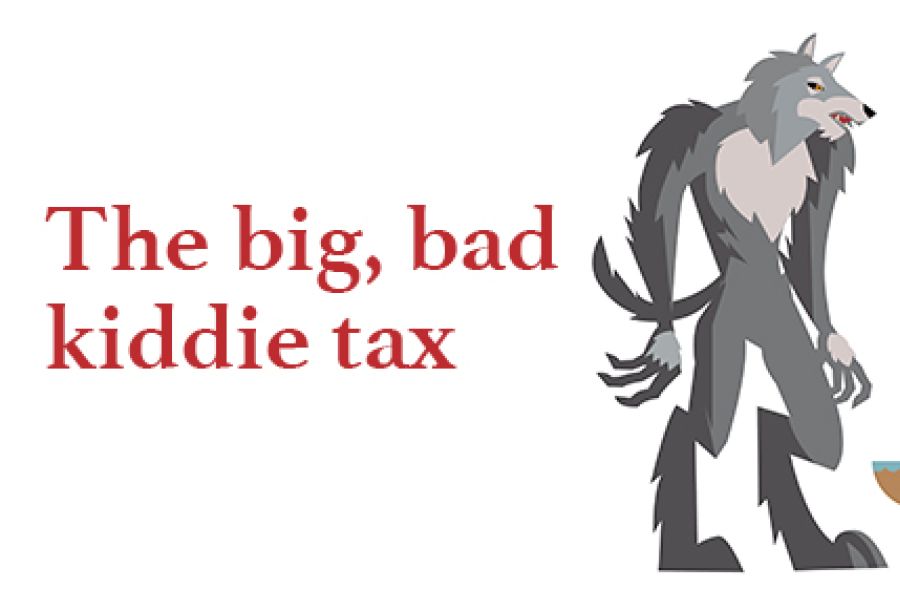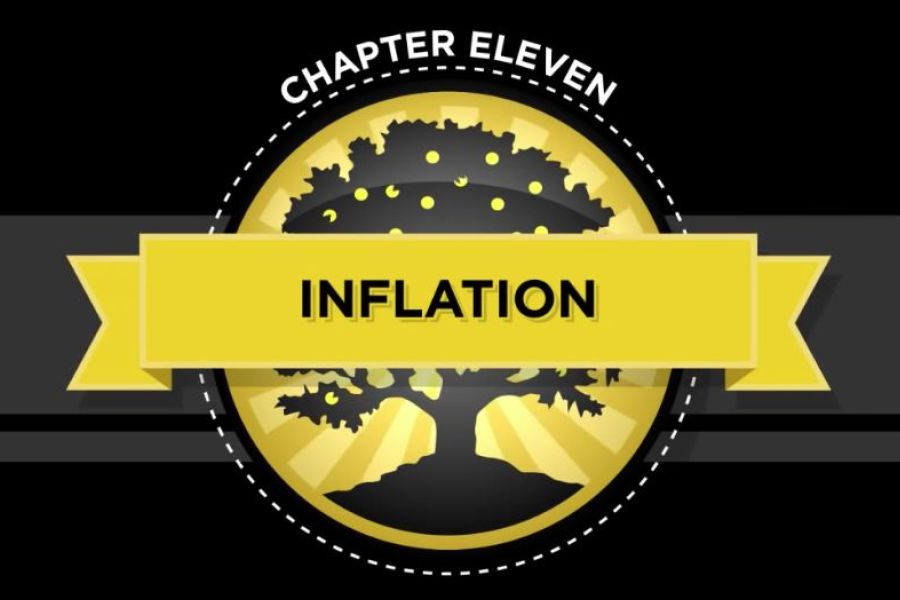
There was talk of repealing the individual alternative minimum tax (AMT) as part of last year’s tax reform legislation. A repeal wasn’t included in the final version of the Tax Cuts and Jobs Act (TCJA), but the TCJA will reduce the number of taxpayers subject to the AMT. Now is a good time to familiarize yourself with the changes, assess your AMT risk and see if there are any steps you can take during the last several months of the year to avoid the AMT, or at least minimize any negative impact. AMT vs. regular tax The top AMT rate is 28%, compared to the top regular ordinary-income tax rate of 37%. But the AMT rate typically applies to a higher taxable income base and will result in...
Under the Tax Cuts and Jobs Act (TCJA), employees can no longer claim the home office deduction. If, however, you run a business from your home or are otherwise self-employed and use part of your home for business purposes, the home office deduction may still be available to you. Home-related expenses Homeowners know that they can claim itemized deductions for property tax and mortgage interest on their principal residences, subject to certain limits. Most other home-related expenses, such as utilities, insurance and repairs, aren’t deductible. But if you use part of your home for business purposes, you may be entitled to deduct a portion of these expenses, as well as depreciation. Or you might be able to claim the simplified home office deduction of $5 per square foot,...
As posted on the Peak Prosperity.com and the Chris Martenson's Peak Prosperity YouTube Channel Background The Crash Course has provided millions of viewers with the context for the massive changes now underway, as economic growth as we've known it is ending due to depleting resources. But it also offers real hope. Those individuals who take informed action today, while we still have time, can lower their exposure to these coming trends -- and even discover a better way of life in the process. In this Blog, I am presenting the 27 (inclusive of the introduction) installments of The Crash Course, one per week. Previous installments of "The Crash Course" can be found here: Blog (#311) Introducing "The Crash Course" Blog (#314) Chapter 1: Three Beliefs Blog (#319) Chapter 2: "The Three 'Es'" Blog...
Once upon a time, some parents and grandparents would attempt to save tax by putting investments in the names of their young children or grandchildren in lower income tax brackets. To discourage such strategies, Congress created the “kiddie” tax back in 1986. Since then, this tax has gradually become more far-reaching. Now, under the Tax Cuts and Jobs Act (TCJA), the kiddie tax has become more dangerous than ever. A short history Years ago, the kiddie tax applied only to children under age 14 — which still provided families with ample opportunity to enjoy significant tax savings from income shifting. In 2006, the tax was expanded to children under age 18. And since 2008, the kiddie tax has generally applied to children under age 19 and to...
Meal, vehicle and travel expenses are common deductions for businesses. But if you don’t properly document these expenses, you could find your deductions denied by the IRS. A critical requirement Subject to various rules and limits, business meal (generally 50%), vehicle and travel expenses may be deductible, whether you pay for the expenses directly or reimburse employees for them. Deductibility depends on a variety of factors, but generally the expenses must be “ordinary and necessary” and directly related to the business. Proper documentation, however, is one of the most critical requirements. And all too often, when the IRS scrutinizes these deductions, taxpayers don’t have the necessary documentation. What you need to do Following some simple steps can help ensure you have documentation that will pass muster with the IRS: Keep receipts...
With its many changes to individual tax rates, brackets and breaks, the Tax Cuts and Jobs Act (TCJA) means taxpayers need to revisit their tax planning strategies. Certain strategies that were once tried-and-true will no longer save or defer tax. But there are some that will hold up for many taxpayers. And they’ll be more effective if you begin implementing them this summer, rather than waiting until year end. Take a look at these three ideas, and contact us to discuss what midyear strategies make sense for you. Look at your bracket Under the TCJA, the top income tax rate is now 37% (down from 39.6%) for taxpayers with taxable income over $500,000 (single and head-of-household filers) or $600,000 (married couples filing jointly). These...
As posted on the Peak Prosperity.com and the Chris Martenson's Peak Prosperity YouTube Channel Background The Crash Course has provided millions of viewers with the context for the massive changes now underway, as economic growth as we've known it is ending due to depleting resources. But it also offers real hope. Those individuals who take informed action today, while we still have time, can lower their exposure to these coming trends -- and even discover a better way of life in the process. In this Blog, I am presenting the 27 (inclusive of the introduction) installments of The Crash Course, one per week. Previous installments of "The Crash Course" can be found here: Blog (#311) Introducing "The Crash Course" Blog (#314) Chapter 1: Three Beliefs Blog (#319) Chapter 2: "The Three 'Es'" Blog...
- 1
- 2
- 3
- 4
- 5
- 6
- 7
- 8
- 9
- 10
- 11
- 12
- 13
- 14
- 15
- 16
- 17
- 18
- 19
- 20
- 21
- 22
- 23
- 24
- 25
- 26
- 27
- 28
- 29
- 30
- 31
- 32
- 33
- 34
- 35
- 36
- 37
- 38
- 39
- 40
- 41
- 42
- 43
- 44
- 45
- 46
- 47
- 48
- 49
- 50
- 51
- 52
- 53
- 54
- 55
- 56
- 57
- 58
- 59
- 60
- 61
- 62
- 63
- 64
- 65
- 66
- 67
- 68
- 69
- 70
- 71
- 72
- 73
- 74
- 75
- 76
- 77
- 78
- 79
- 80
- 81
- 82
- 83
- 84
- 85
- 86
- 87
- 88
- 89
- 90
- 91
- 92
- 93
- 94
- 95
- 96
- 97
- 98
- 99
- 100
- 101
- 102
- 103
- 104
- 105
- 106
- 107
- 108
- 109
- 110
- 111
- 112
- 113
- 114
- 115
- 116
- 117
- 118
- 119
- 120
- 121
- 122
- 123
- 124
- 125
- 126
- 127
- 128
- 129
- 130
- 131
- 132
- 133
- 134
- 135
- 136
- 137
- 138
- 139
- 140
- 141
- 142
- 143
- 144
- 145
- 146
- 147
- 148
- 149
- 150











